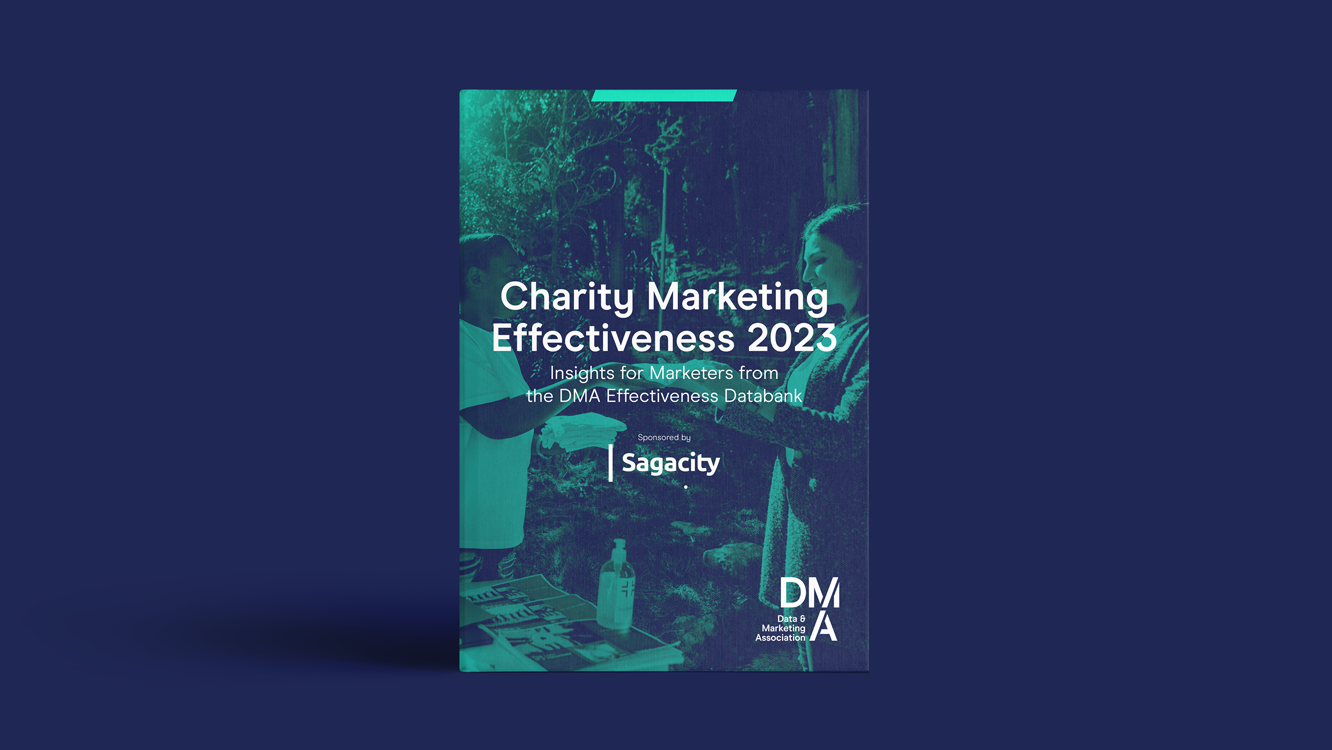Could getting rid of CTPS be a wasted effort?
13 May 2013
Many of you will be aware of the Telephone Preference Service (TPS), which is essentially a ‘do not call’ list for consumer telephone numbers. But what about Corporate TPS (CTPS)?
The CTPS list currently holds 2.6m telephone numbers. Similar to TPS, it’s a list of business telephone numbers that have opted out from receiving telemarketing calls. Calling any of these numbers could – in theory – result in a fine as high as £500,000.
However, awareness of CTPS is poor and combined with a lack of appetite for prosecution as well as a registration system that is flawed, many people are asking for CTPS to be scrapped.
But what are the advantages in scrapping this system? And are there good reasons to keep it?
The argument for scrapping CTPS is based on the fact that not all B2B telemarketing companies subscribe to it. It currently costs £1,100 per annum to receive the CTPS list every 28 days, and it could be seen by some as a tax on reputable telemarketing companies.
In addition, since CTPS was launched in 2004 there have been no prosecutions or fines issued – yet CTPS has received complaints. As a result, some commentators view the legislation as pointless.
Finally, the registration process is flawed. It’s possible for managers to register the telephone numbers of all their staff without consulting them. This can prohibit buyers from finding new products or suppliers with better or cheaper offers.
However, there is an argument to keep CTPS – or at least to not scrap it.
There are some organisations which perhaps should not be called for telemarketing purposes. For example, the direct lines of emergency services. These numbers cannot be regsieterd on TPS, so how do you prevent them from being listed on a telemarketing database?
Also, it’s a waste of marketing budget to call people who have requested not to be telephoned. Plus, if you have an active content marketing plan, you should be able to persuade buyers to opt in to receive a telemarketing call… which overrides any CTPS opt-out registration.
Lastly, checking telephone numbers against the CTPS protects our clients’ brand from potential bad publicity.
But all of this could soon become an academic debate, as the draft EU Data Regulation is due to get its first reading this spring. If this new law is passed in its current form, it could require all direct marketing to be opt-in with explicit consent. Thus, perhaps, CTPS becomes redundant.





Please login to comment.
Comments